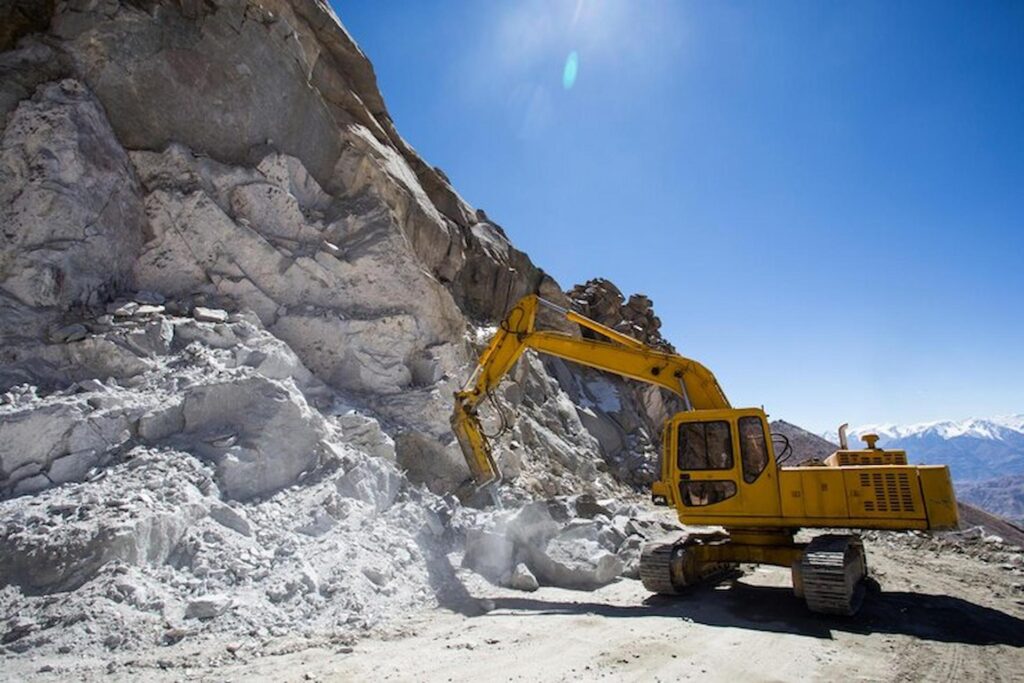In the intricate world of industrial processes, the unsung heroes are often the humble yet indispensable components that enable seamless operations. One such crucial element is the chemical dosing pump, a workhorse that plays a vital role in various industries, from water treatment to chemical processing. This comprehensive blog post delves into the importance of chemical dosing pumps, their diverse applications, and how they contribute to industrial operations’ efficiency, precision, and sustainability.
The Fundamentals of Chemical Dosing Pumps
At the heart of any industrial process lies the need for precise control and metering of various chemical additives, reagents, and solutions. A chemical dosing pump is specifically designed to fulfil this critical function, ensuring that the appropriate quantities of these substances are introduced into the system at the right time and proportions. These pumps, powered by electric or pneumatic motors, rely on various mechanisms, such as diaphragms, pistons, or peristaltic action, to accurately and reliably dispense the required chemical dosages.
Precision and Accuracy: The Key Attributes of Chemical Dosing Pumps
One of the primary advantages of these pumps is their ability to deliver precise and consistent dosages, even in the face of fluctuating system conditions or variations in the properties of the chemicals being dosed. This level of precision is essential in numerous industrial processes, where the slightest imbalance in chemical concentrations can significantly affect product quality, process efficiency, and environmental compliance.
For example, in the water treatment industry, these pumps ensure the proper dosage of disinfectants, pH adjusters, and coagulants. Inaccurate dosing can lead to the formation of harmful byproducts, the deterioration of water quality, or the ineffective removal of contaminants. Similarly, in the chemical processing sector, precise chemical dosing is necessary to maintain the desired reaction kinetics, product purity, and process safety.
Enabling Efficient and Sustainable Operations
Beyond their primary function of precise chemical dosing, these pumps enhance industrial processes’ overall efficiency and sustainability. By delivering the exact amount of required chemicals, these pumps help to minimise waste, reduce energy consumption, and optimise resource utilisation.
In water treatment facilities, for instance, the precise dosing of coagulants and flocculants can significantly reduce the volume of sludge generated, lowering disposal costs and environmental impact. Similarly, in the wastewater treatment sector, the accurate dosing of disinfectants and pH adjusters can effectively remove contaminants, enabling the safe discharge of treated effluent or the reclamation of water for reuse.
Moreover, these pumps’ ability to operate with high energy efficiency and low maintenance requirements contributes to the overall sustainability of industrial operations. By reducing the energy and resource demands associated with chemical handling and dosing, these pumps help industrial facilities optimise their environmental footprint and align with the growing emphasis on sustainable practices.
Adaptability and Versatility: Meeting the Demands of Diverse Industrial Environments
Chemical dosing pumps are designed to operate in various industrial environments, each with unique challenges and requirements. From the corrosive nature of the chemicals being dosed to the extreme temperatures and pressures encountered in specific processes, these pumps must be able to withstand the rigours of the industrial landscape.
Chemical dosing pump manufacturers have developed various models to address this diversity, each tailored to specific application needs. This adaptability allows industrial operators to select the most appropriate pump for their process, ensuring optimal performance, reliability, and longevity. Whether it’s a diaphragm pump for handling viscous or abrasive chemicals, a peristaltic pump for delicate fluid handling, or a gear pump for high-flow applications, this pump industry offers a solution for every industrial challenge.
The Future of Chemical Dosing Pumps: Embracing Technological Advancements
As industries continue to evolve and adapt to the demands of the 21st century, the role of these pumps is also poised to undergo transformative changes. Technological advancements in intelligent sensors, predictive maintenance, and integrated control systems pave the way for new, artificial, innovative and connected chemical dosing solutions.
Integrating advanced sensors and real-time monitoring capabilities within these pumps allows for detecting potential issues, optimising dosing parameters, and predicting maintenance requirements. This data-driven approach enhances the pumps’ reliability and performance and enables industrial operators to make more informed decisions, reduce downtime, and streamline maintenance workflows.
Furthermore, integrating these pumps with centralised control systems and IoT (Internet of Things) platforms facilitates the seamless integration of these critical components into the broader industrial ecosystem. This interconnectivity allows for remote monitoring, automated adjustments, and the implementation of advanced control strategies, further improving the efficiency and responsiveness of industrial processes.
Conclusion
In the dynamic and ever-evolving landscape of industrial operations, the humble pump is a testament to the power of precision engineering and its profound impact on process efficiency, sustainability, and safety. From ensuring the accurate delivery of vital chemicals to optimising resource utilisation, these unsung heroes play a pivotal role in the success and resilience of various industries.
As we look to the future, the continued advancement of this pump technology and the integration of intelligent capabilities and connected systems promises to unlock new levels of efficiency, flexibility, and environmental responsibility. By embracing these innovative solutions, industrial operators can confidently navigate the challenges of the modern era, driving their processes towards greater productivity, profitability, and sustainability.



